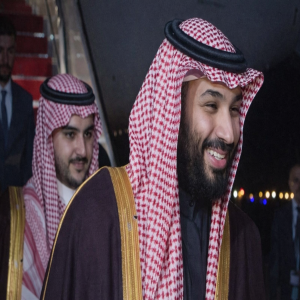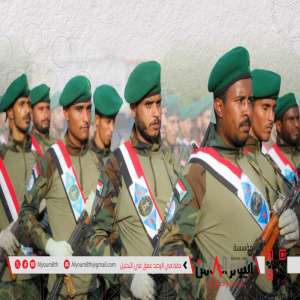"Insights from Panel Discussions"
European Policy on Iran: the failures of appeasement and advocating for stricter sanctions
Sasi condemned the policy of appeasement and advocated for harder sanctions against Iran, specifically targeting the corrupt Revolutionary Guards.
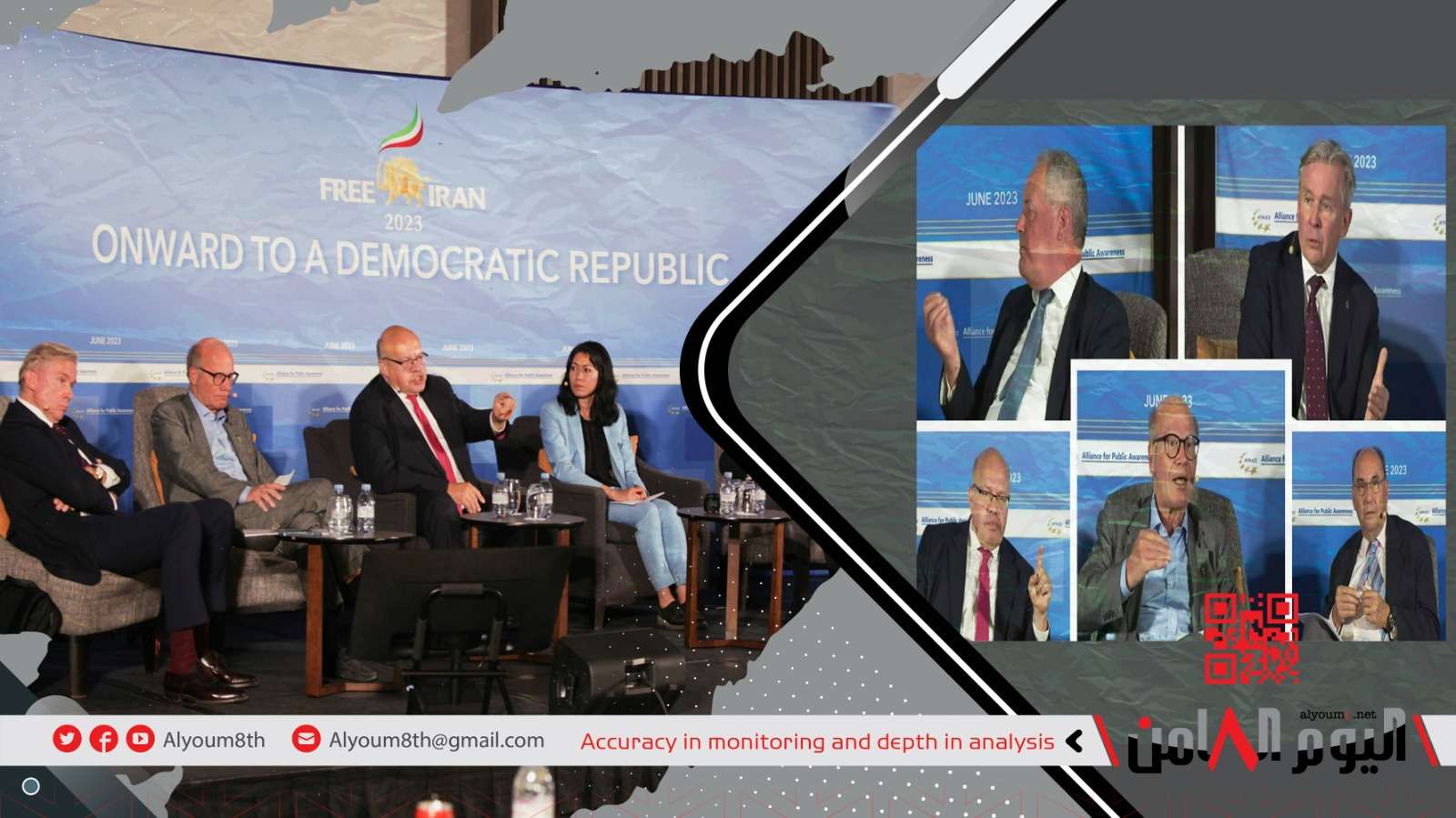
Experts talk to alyoum8th about Iranian regime policies - alyoum8th

In Paris on June 30th, a crucial discussion panel titled "European Policy on Iran" convened, bringing esteemed experts together to deliberate the most appropriate approach toward Iran. Dr. Alejo Vidal Quadras, former Vice President of the European Parliament, set the tone by urging European leaders to stop appeasing the mullahs' regime and instead support the Iranian people and their organized Resistance for a free Iran.
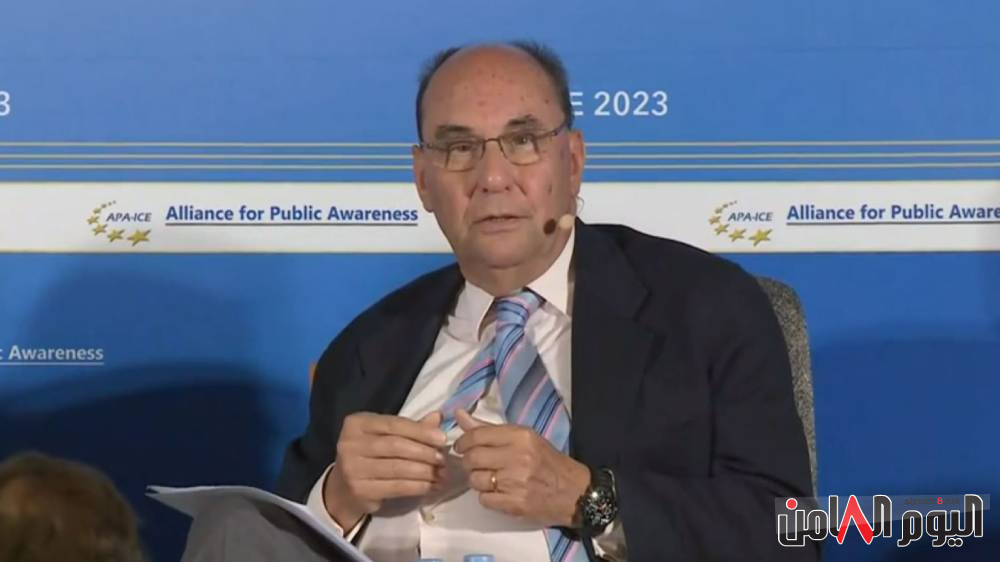 |
| Dr. Alejo Vidal Quadras, Vice President of the European Parliament (2004 -2014) |
Quadras emphasized the complexity of the EU's institutional framework, cautioning that not all EU institutions share the same policies toward Iran. He criticized the EU's executive power for clinging to two illusions: the belief in moderates within the regime and the notion of appeasing the regime through negotiations. Quadras argued that these illusions have been proven false, leading to a policy that has failed miserably.
The former Vice President criticized EU policymakers for their aversion to taking risks, contrasting this approach with the Iranian Resistance's courage represented by the MEK and NCRI. Quadras stressed that by avoiding risks, EU policymakers inadvertently increase risks and hinder the opposition's efforts.
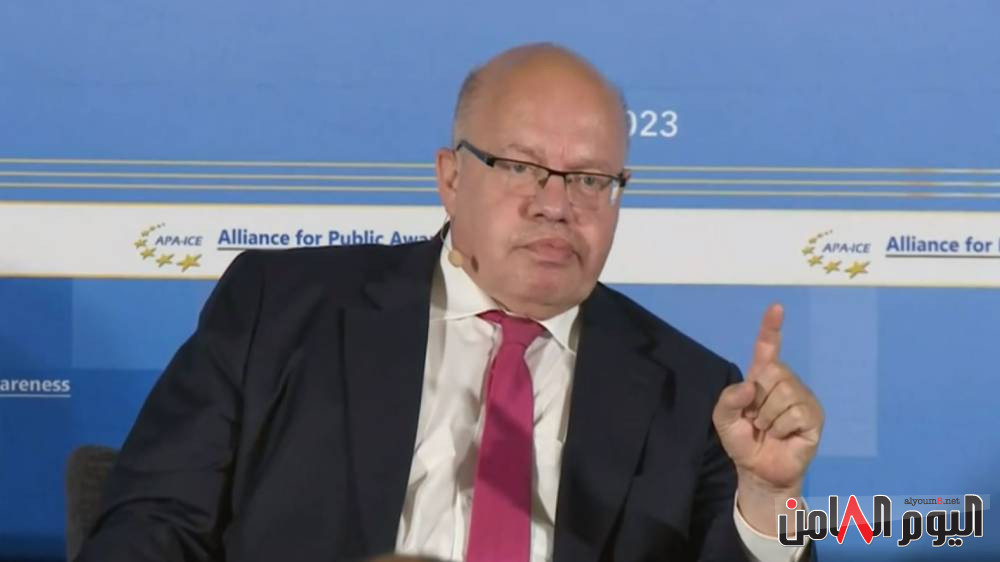 |
| Peter Altmaier, Former Federal Minister for Economic Affairs and Energy of Germany |
Peter Altmaier, former Federal Minister for Economic Affairs and Energy of Germany, praised the Iranian people's resilience in the face of decades of repression. He hailed Mrs. Rajavi's 10-point plan as a remarkable summary of universal values, offering a basis for joint action by all democratic nations.
Altmaier called for the recruitment of more experts in intelligence services and ministries dealing with Iran, advocating for increased support for the Iranian people. He urged the involvement of human rights activists and assistance to brave Iranian youth who have demonstrated for their rights. The former German Minister emphasized the significance of the 10-point plan, which promises to transform Iran into a developed democracy with improved living standards for its citizens.
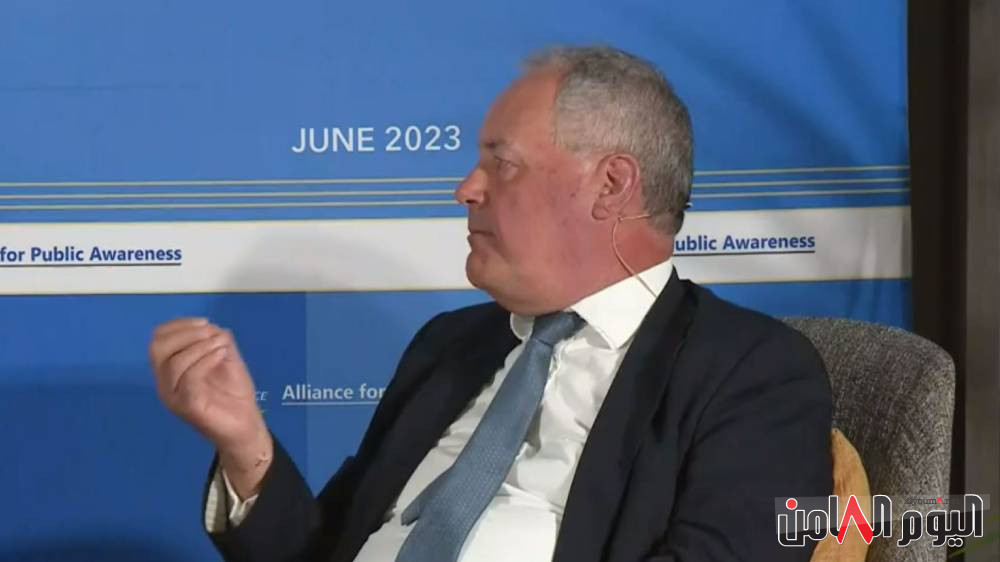 |
| Bob Blackman MP, United Kingdom |
Bob Blackman MP from the United Kingdom offered a historical perspective, highlighting the temporary weakening of the regime through sanctions. He firmly advocated for absolute sanctions against the regime, specifically targeting the IRGC and seizing its assets for the benefit of the Iranian people. Blackman stressed the importance of implementing Mrs. Rajavi's 10-point democratic plan and emphasized that the Iranian people should have the right to choose their leader through free and fair elections.
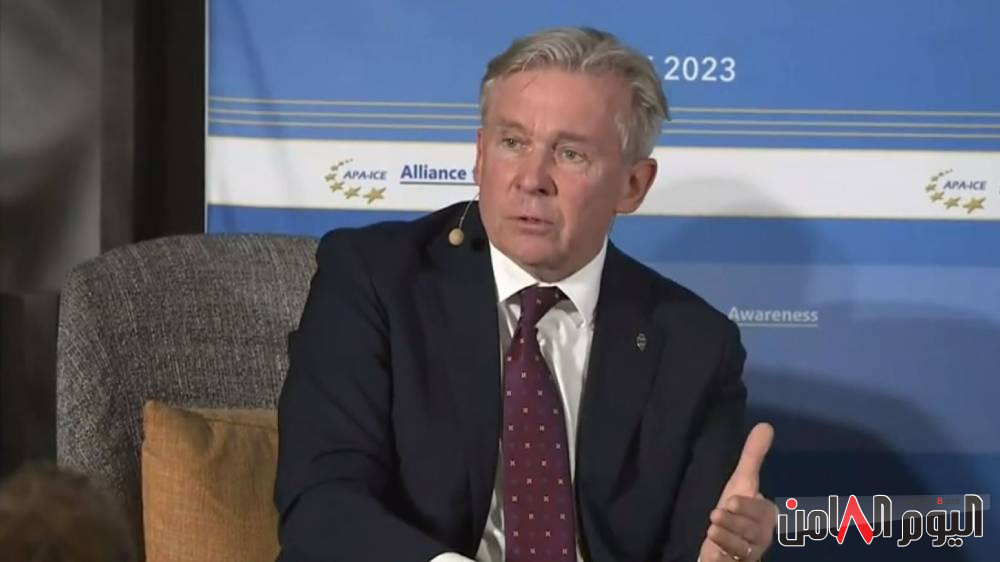 |
| Audronius Ažubalis, Member of the Lithuanian Parliament, former Foreign Minister of Lithuania |
Audronius Ažubalis, Member of the Lithuanian Parliament and former Foreign Minister of Lithuania, praised the Iranian Resistance for keeping the Iranian cause alive over the years. He urged for stricter sanctions against Iran, especially targeting Iran's UAV experts and factories, which significantly contribute to Russia's war in Ukraine.
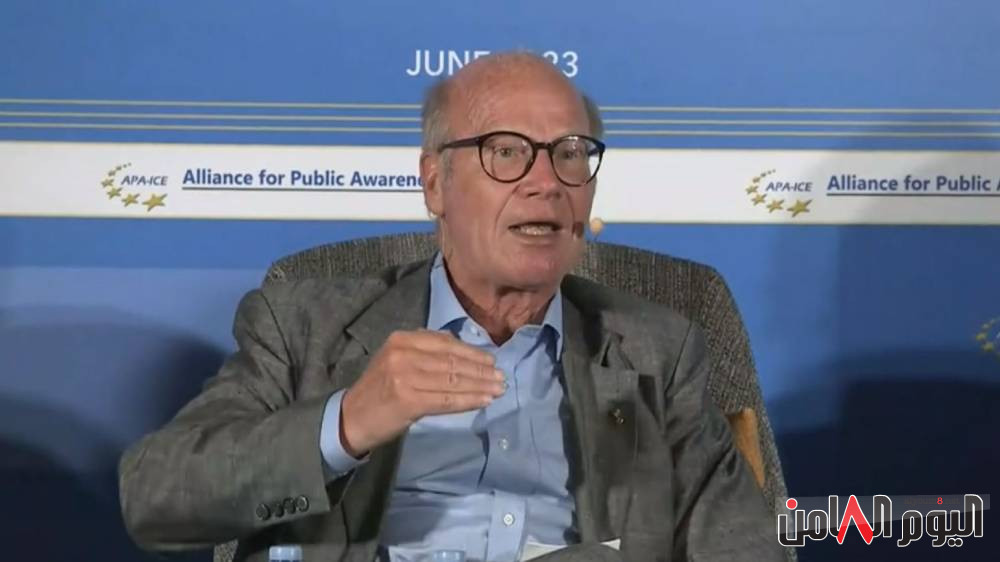 |
| Kimmo Sasi, former Minister of Foreign Trade and Minister of Transport and Communications of Finland, former President of the Nordic Council |
Kimmo Sasi, former Minister of Foreign Trade and Minister of Transport and Communications of Finland, candidly criticized the European Union for being too soft in implementing human rights declarations, particularly in places like Iran where human rights are most violated. He highlighted Iran's support for terrorism and involvement in terrorist activities on European soil, underlining the need for decisive action to counter these threats.
Sasi condemned the policy of appeasement and advocated for harder sanctions against Iran, specifically targeting the corrupt Revolutionary Guards. He firmly believed in the potential of regime change and supported Mrs. Rajavi's 10-point plan as a pathway to a better future for the Iranian people.
The panel discussions provided valuable insights into European policy on Iran, emphasizing the failures of appeasement and advocating for stricter sanctions and unwavering support for the Iranian people and their organized Resistance. The expert panelists unanimously emphasized the need for a new approach that prioritizes human rights, democracy, and regional stability in Iran, rather than continuing outdated policies that have yielded no positive results. As the Iranian people continue their struggle for freedom, it is crucial for European leaders to heed the panelists' recommendations and stand in solidarity with the Iranian Resistance in their pursuit of a free and democratic Iran.

